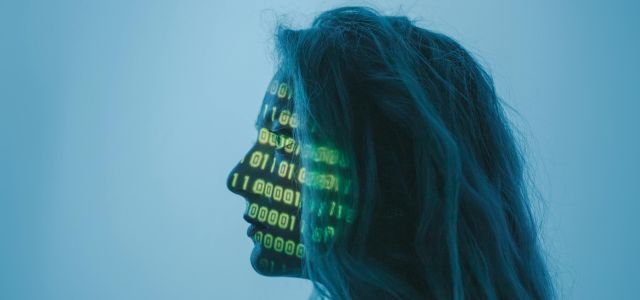In a world where artificial intelligence (AI) is rapidly blurring the boundaries between the real and the synthetic, Denmark is stepping forward with a groundbreaking legislative proposal: a copyright-based legal regime protecting individuals from deepfakes—AI-generated replicas of their face, voice, and body.
The legislation would create a new copyright-like right for natural persons, giving them enforceable claims against unauthorized use of their likeness in AI-generated content. The goal is simple but far-reaching: to ensure that “your face is your property”—an idea that, until recently, was largely philosophical or ethical in nature.
If passed, this would make Denmark the first jurisdiction to codify individual likeness rights under national copyright law, offering a specific and enforceable legal remedy where general personality rights or defamation claims have so far fallen short.
This is not merely about data or consent. It’s about placing an individual’s likeness under the structured protection of intellectual property law, which creates much clearer outcomes in legal disputes.
A legal innovation
Deepfakes—AI-generated video, audio, or images that impersonate real individuals—have exploded in prevalence and sophistication. Yet in many jurisdictions, victims are left to navigate a patchwork of remedies: tortious interference, privacy claims, or defamation suits, each limited by jurisdiction, intent, or burden of proof.
Denmark’s proposal circumvents these complexities by treating a person’s likeness as a protected work under copyright law. This would allow individuals to issue takedown notices, demand damages, or initiate infringement proceedings, just as an author or filmmaker might do when their original work is copied.
Importantly, the law applies not just to Danish nationals, but to any person whose likeness is exploited within Denmark’s jurisdiction—a necessary clarification, given that most deepfake content is distributed online. This broad scope raises notable questions about cross-border enforcement and platform liability, particularly under the EU’s Digital Services Act (DSA).
Since the environment for most of these breaches is the web, which is accessible from Denmark, questions may be raised about the jurisdiction of Danish courts on disputes between foreign citizens and companies.
Enforcement, exception & precedent
The proposed law offers individuals the ability to:
- Request takedowns from platforms
- Seek injunctive relief and damages in court
- Hold platforms accountable if they fail to act promptly.
Exceptions exist for satire, parody, news reporting, and public interest expression, which mirror the limitations and exceptions found in EU copyright law (Directive 2001/29/EC, Articles 5(3)(d) and (k)).
While this balance aims to preserve free expression, platforms will likely bear a new compliance burden, especially given the rapid growth of AI-generated video, audio, and even live “puppet” content.
Legal scholars such as Professor Dirk Visser have praised the shift. In his recent paper, Deepfakes under a Neighbouring Right, he proposes granting natural persons a new form of related right akin to that of performers, offering them autonomy over digital performances that mimic their identity.
Toward a European standard?
With parliamentary review expected later this year, Denmark could become the test case for EU-wide legal reform. As it prepares to take on the rotating EU Presidency in 2025, the law may serve as a blueprint for deeper harmonization in AI and identity regulation.
Yet concerns remain: will global platforms geo-block Denmark? Could enforcement extend beyond Denmark via the DSA? What happens when multiple identities are digitally blended?
Despite these unknowns, Denmark’s move reflects a broader shift in legal thought: that the right to one’s image is not just moral or reputational—it’s proprietary.
The law may also influence international debate. In the United States, where the First Amendment complicates likeness protection, new state-level laws (e.g., in California and Tennessee) are beginning to address synthetic media. But without a federal framework, enforcement remains inconsistent.
For now, Denmark offers a legal prototype for the AI age: identity treated not only as an ethical concern or privacy issue, but as a tangible right, clear, protectable, and enforceable.
This is no longer about defamation or satire. It’s about ownership. You are the author of your own image.

Written by Ledio Alite
Senior Associate, Beqiraj & Partners
You may also like…
Takeaways from J.M. Smucker Company v. Trader Joe’s Company for brand owners regarding trade dress enforcement
Dupes and generic brands, which were once seen as inferior alternatives to name-brand products, have become more...
UEFA partners with Alliance for Creativity and Entertainment to enhance global anti-piracy strategy
October 21, 2025 - The Union of European Football Associations (UEFA) has officially joined the Alliance for...
EUIPO and UANIPIO welcome the integration of Ukraine’s trademarks into TMview
The European Union Intellectual Property Office (EUIPO) and the Ukrainian National Office for Intellectual Property...
Contact us to write for out Newsletter














